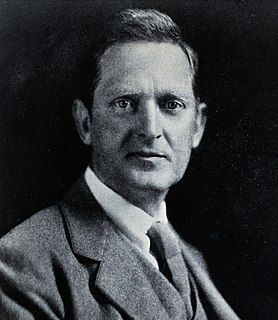A Quote by Hans Zinsser
We have chosen to write the biography of our disease because we love it platonically - as Amy Lowell loved Keats - and have sought its acquaintance wherever we could find it. And in this growing intimacy we have become increasingly impressed with the influence that this and other infectious diseases, which span - in their protoplasmic continuities - the entire history of mankind, have had upon the fates of men.
Related Quotes
Like many physical diseases, anti-Semitism is highly infectious, and can become endemic in certain localities and societies. Though a disease of the mind, it is by no means confined to weak, feeble, or commonplace intellects; as history sadly records, its carriers have included men and women of otherwise powerful and subtle thoughts.
Especially working in infectious disease, it's very interesting because these infectious diseases, these agents, they evolve over time. So it's very much an arms race and understanding how each changes to protect itself and to continue. And so it's very much this puzzle-solving but with this great urgency and importance in what you find.
I had a checklist in my mind of the things that make a biography practical. Is the source material centralized? Is it easy to find? Are there new primary sources that no one has ever had access to? Are all the sources in English? If they're not, are they in a language that you speak? And I realized that not only is Armstrong the most important figure of Jazz in the 20th Century, but he's a perfect subject for a biography for all of these reasons. I had always loved his music and I had been fascinated in him as a personality. And that's really the key to writing a biography.
The Holy Ghost causes our feelings to be more tender. We feel more charitable and compassionate with each other. We are more calm in our relationships. We have a greater capacity to love each other. People want to be around us because our very countenances radiate the influence of the Spirit. We are more godly in our character. As a result, we become increasingly more sensitive to the promptings of the Holy Ghost and thus able to comprehend spiritual things more clearly.







































